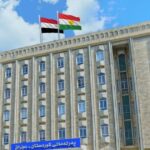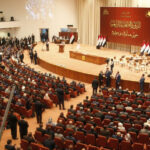Factors That Make Courts Biased in Iraqi Kurdistan
Farhang Tahir – Activist
Courts are meant to be fair places where everyone is treated equally under the law. In reality, however, courts do not always work this way. At times, they show bias, meaning they favor one side over the other for reasons that are not based on law or evidence. This problem weakens trust in the justice system and makes people feel that the law is not protecting them equally. In Iraqi Kurdistan, these issues are visible in different ways.
One reason for bias is political influence. In the Kurdistan Region, the two main political parties the Kurdistan Democratic Party (KDP) and the Patriotic Union of Kurdistan (PUK) hold strong control over many state institutions, including parts of the judiciary. Judges may feel pressured to make rulings that protect the interests of the ruling parties instead of acting independently. This reduces people’s belief in fair justice.
Another factor is corruption. Like in other parts of Iraq, corruption in Kurdistan also affects the legal system. Wealthy or powerful individuals can sometimes use money or personal connections to influence court outcomes. When ordinary people see this, they lose trust that the law can protect them equally.
Social and cultural pressures also play a role. In Kurdish society, family ties, tribal influence, and personal networks are still strong. These connections can sometimes affect judicial decisions, as judges may feel pressure to favor certain groups or individuals. This can lead to unfair results for those without such connections.
Bias is also linked to weaknesses in the system itself. Courts in Kurdistan often face limited resources, political interference in appointments, and a lack of full training or independence for some judges. These problems make it easier for outside forces to interfere and harder for judges to remain neutral.
Finally, media and public opinion can create pressure. In Iraqi Kurdistan, high-profile cases that involve politics or social issues are often widely discussed in local media and social platforms. Judges may feel pushed to make decisions that avoid backlash, even if those decisions do not fully follow the law.
In conclusion, the factors that create court bias political pressure, corruption, cultural influence, weak institutions, and media pressure are all present in Iraqi Kurdistan. These challenges reduce fairness and weaken public confidence in justice. Building a truly independent and trusted judiciary in the region will require stronger reforms, protection for judges, and equal application of the law to all citizens.
Author Profile
- Diyar Harki is an independent investigative journalist and human rights advocate. As a member of the National Union of Journalists (NUJ), he focuses on exposing corruption and human rights abuses in Kurdistan and Iraq. He voluntarily contributes to Kurdfile Media.
 Kurdistan18 January 2026Will the Terrorists Be Released?
Kurdistan18 January 2026Will the Terrorists Be Released? Opinion17 January 2026A Risk That Could Reshape the Kurdistan Region
Opinion17 January 2026A Risk That Could Reshape the Kurdistan Region Reports7 January 2026Kurdistan MPs Receive Millions in Salaries as Parliament Remains Paralyzed
Reports7 January 2026Kurdistan MPs Receive Millions in Salaries as Parliament Remains Paralyzed Political3 January 202634% of Kurdish MPs in Iraqi Parliament Lack Arabic Proficiency
Political3 January 202634% of Kurdish MPs in Iraqi Parliament Lack Arabic Proficiency

